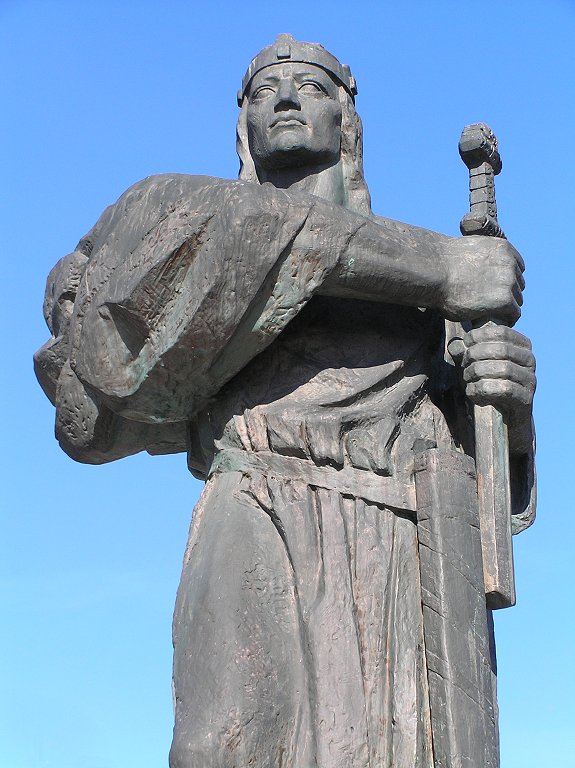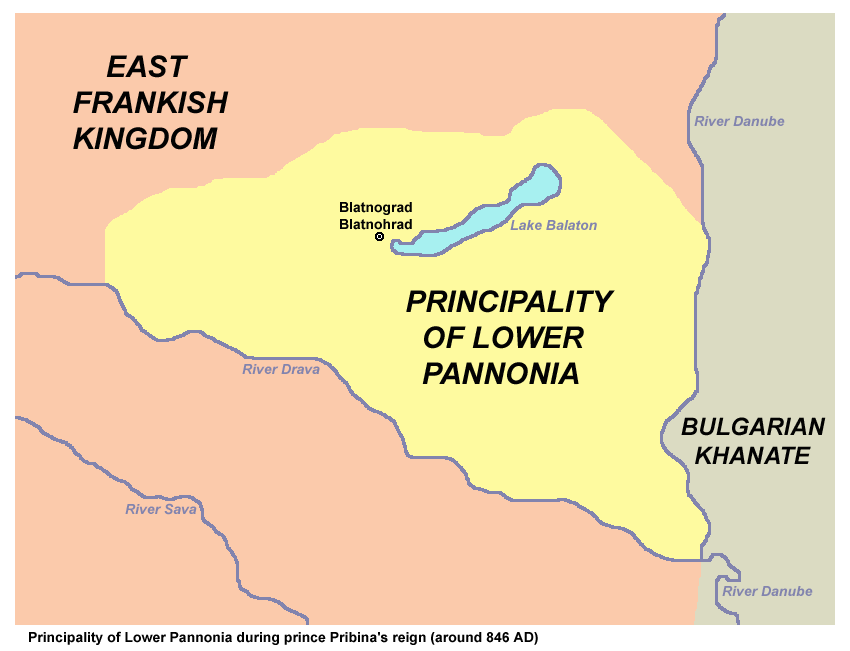846
Appearance
| Millennium: | 1st millennium |
|---|---|
| Centuries: | |
| Decades: | |
| Years: |
| 846 by topic |
|---|
| Leaders |
| Categories |
| Gregorian calendar | 846 DCCCXLVI |
| Ab urbe condita | 1599 |
| Armenian calendar | 295 ԹՎ ՄՂԵ |
| Assyrian calendar | 5596 |
| Balinese saka calendar | 767–768 |
| Bengali calendar | 253 |
| Berber calendar | 1796 |
| Buddhist calendar | 1390 |
| Burmese calendar | 208 |
| Byzantine calendar | 6354–6355 |
| Chinese calendar | 乙丑年 (Wood Ox) 3543 or 3336 — to — 丙寅年 (Fire Tiger) 3544 or 3337 |
| Coptic calendar | 562–563 |
| Discordian calendar | 2012 |
| Ethiopian calendar | 838–839 |
| Hebrew calendar | 4606–4607 |
| Hindu calendars | |
| - Vikram Samvat | 902–903 |
| - Shaka Samvat | 767–768 |
| - Kali Yuga | 3946–3947 |
| Holocene calendar | 10846 |
| Iranian calendar | 224–225 |
| Islamic calendar | 231–232 |
| Japanese calendar | Jōwa 13 (承和13年) |
| Javanese calendar | 743–744 |
| Julian calendar | 846 DCCCXLVI |
| Korean calendar | 3179 |
| Minguo calendar | 1066 before ROC 民前1066年 |
| Nanakshahi calendar | −622 |
| Seleucid era | 1157/1158 AG |
| Thai solar calendar | 1388–1389 |
| Tibetan calendar | 阴木牛年 (female Wood-Ox) 972 or 591 or −181 — to — 阳火虎年 (male Fire-Tiger) 973 or 592 or −180 |


Year 846 (DCCCXLVI) was a common year starting on Friday (link will display the full calendar) of the Julian calendar.
Events
By place
Byzantine Empire
- Byzantine–Bulgarian War: The Bulgarians violate the peace treaty (see 815), and invade Macedonia along the River Struma. The cities of Serres and Philippi are devastated.[1]
Europe
- Summer – Breton forces under Nominoe occupy the Frankish cities of Nantes and Rennes. He makes raids in Anjou and threatens Bayeux. King Charles the Bald recognizes him as duke of Brittany.
- Prince Pribina becomes a vassal of the Frankish Empire. King Louis the German grants him land near Lake Balaton (modern Hungary). He establishes Blatnohrad, capital of Balaton Principality.
- Frankish forces led by Louis the German invade Moravia. They encounter little resistance, and depose King Mojmir I from the throne.[2] His relative, Rastislav, is set up as the new client ruler.
- The Mozarabs, Iberian Christians who live under Moorish rule, try to repopulate León in Al-Andalus (modern Spain). The city is recaptured by the Muslim Arabs.
Britain
- King Æthelred II of Northumbria sends military assistance to the Picts, in their fight against the invading Scots (approximate date).
Ireland
- Máel Sechnaill mac Máele Ruanaid becomes the first High King of Ireland.
Arabian Empire
- A Saracen Arab expeditionary force from Africa, consisting of 11,000 men and 500 horses, raid the outskirts of Rome, sacking the basilicas of Old St. Peter's and St. Paul's Outside the Walls.
Asia
- April 22 – Emperor Wu Zong (Li Chan) dies after a 6-year reign. He is succeeded by his uncle Xuān Zong, as Chinese ruler of the Tang Dynasty.
- Jang Bogo, a powerful maritime hegemon of Silla, is assassinated by aristocratic elements at his garrison headquarters by Yeom Jang (or 841).
Births
- November 1 – Louis the Stammerer, king of West Francia (d. 879)
- Du Xunhe, Chinese poet (d. 904)
- Hasan al-Askari, 11th Shia Imam (d. 874)
- Li Yi, Chinese poet (approximate date)
- Rollo, Viking leader and count (approximate date)
- Wang Chao, Chinese warlord (d. 898)
- Zhang Chengye, Chinese eunuch official (d. 922)
Deaths
- April 22 – Wu Zong, emperor of the Tang Dynasty (b. 814)
- July 29 – Li Shen, chancellor of the Tang Dynasty
- Bai Ju Yi, Chinese poet and official (b. 772)
- Dantivarman, king of the Pallava Empire (India)
- Ferdomnach, Irish monk and illuminator[3]
- Jang Bogo, Korean maritime hegemon (or 841)
- Joannicius the Great, Byzantine theologian (b. 752)
- Li Zongmin, chancellor of the Tang Dynasty
- Mojmir I, king of Moravia (approximate date)
- Niall Caille, High King of Ireland
- Reginbert of Reichenau, German librarian
- Seguin II, Frankish nobleman
- Wang, concubine of Wu Zong
References
- ^ John V.A. Fine, Jr. (1991). The Early Medieval Balkans: A Critical Survey from the Sixth to the Late Twelfth Century, p. 110. ISBN 978-0-472-08149-3.
- ^ Goldberg 2006, p. 140.
- ^ The Oxford companion to Irish history (2nd ed.). Oxford University Press. p. 26. ISBN 9780199691869.
